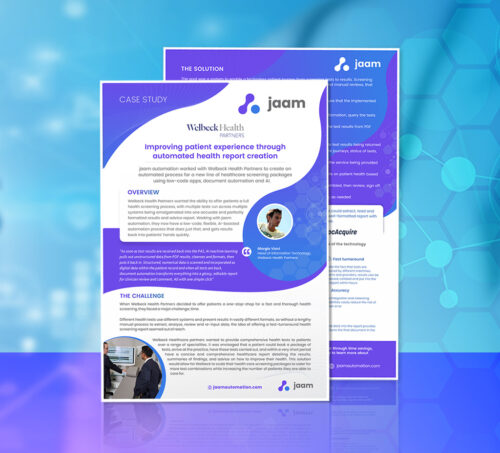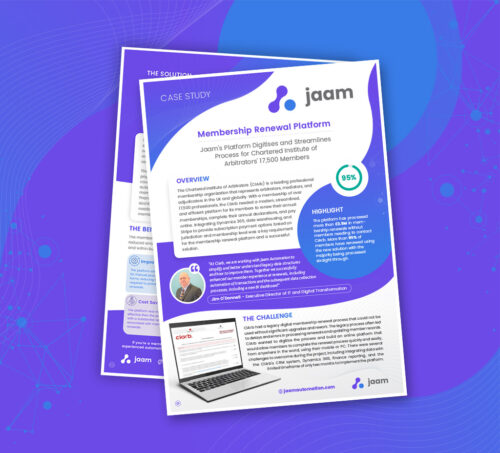
Introducing AI Agents: what they are and what they do
The third wave of AI is here. Agentic AI refers to artificial intelligence systems that can act independently to achieve specific goals without continuous human supervision.
Education
With Agentic AI in its infancy, getting to grips with what this third wave of artificial intelligence actually is, and understanding how it can be applied in a business context, can be quite the task.
Our AI and automation experts have been researching, considering and studying developments in Agentic AI since it was first on the radar.
Got questions?
We know the use cases of AI Agents in business process automation, and we understand the direction that some of the bigger players, like Microsoft, are heading with Agentic AI.
AI-powered business process automation is the future – find out more through our educational resources and discover the ways that your organisation could benefit from Agentic AI.
Our own reports, thoughts, musings, hot takes and explanations of Agentic AI and its role in business process automation.

The third wave of AI is here. Agentic AI refers to artificial intelligence systems that can act independently to achieve specific goals without continuous human supervision.

One of the most exciting things about jaam automation’s dive into the world of Agentic AI is considering how AI agents can complement the solutions provided by our technology partners.

Business process automation experts, jaam automation, announce an exciting evolution to their core business
When we find cool content about Agentic AI from our own research and learning, we’ll share it here, too.

Managing 65,000 employee CVs with automation

Improving patient experience through automated health report creation

Automating recruitment, onboarding, governance and patient letters in private healthcare

Digitising and streamlining the membership renewal process for ciarb’s 17,500 members
You can still use AI in business process automation without it being Agentic. Here are some of our resources on intelligent automation to explain how.
This website uses cookies
We use cookies to personalise content and ads, to provide social media features and to analyse our traffic. We also share information about your use of our site with our social media, advertising and analytics partners who may combine it with other information that you’ve provided to them or that they’ve collected from your use of their services.
Cookies are small text files that can be used by websites to make a user's experience more efficient.
The law states that we can store cookies on your device if they are strictly necessary for the operation of this site. For all other types of cookies we need your permission. This means that cookies which are categorized as necessary, are processed based on GDPR Art. 6 (1) (f). All other cookies, meaning those from the categories preferences and marketing, are processed based on GDPR Art. 6 (1) (a) GDPR.
This site uses different types of cookies. Some cookies are placed by third party services that appear on our pages.
You can at any time change or withdraw your consent from the Cookie Declaration on our website.
Learn more about who we are, how you can contact us and how we process personal data in our Privacy Policy.
Please state your consent ID and date when you contact us regarding your consent.